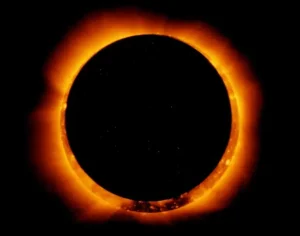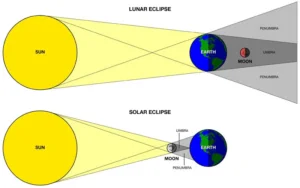As we approach the total solar eclipse scheduled for April 8th, experts are expressing concerns regarding its potential impact on road safety. Findings from the 2017 total solar eclipse show a worrying rise in fatal car accidents during similar celestial events. A collaborative study by the University of British Columbia and the University of Toronto suggests that the forthcoming eclipse could result in a significant increase in road fatalities. Dr. Donald Redelmeier, a professor at the University of Toronto and co-author of the study, highlighted several factors contributing to the heightened risks.

These include increased traffic volumes, travel on unfamiliar routes, speeding, driver distraction caused by the eclipse, and impairment from drugs or alcohol. Despite the various potential causes, the statistics present a bleak outlook. The study examined traffic patterns during the 2017 total solar eclipse, revealing a troubling trend. Over the three-day period surrounding the eclipse, there were 741 fatalities resulting from traffic accidents, averaging a staggering 10.3 deaths per hour.
By comparison, regular days saw 7.9 fatalities per hour, indicating a 31% rise in fatal crash involvement during the eclipse period. Dr. John Staples, a clinical associate professor at the University of British Columbia, emphasized the importance of taking proactive measures to prevent potential disasters. He urged drivers to obey speed limits, reduce distractions, maintain a safe distance from other vehicles, fasten their seat belts, and refrain from driving under the influence.



